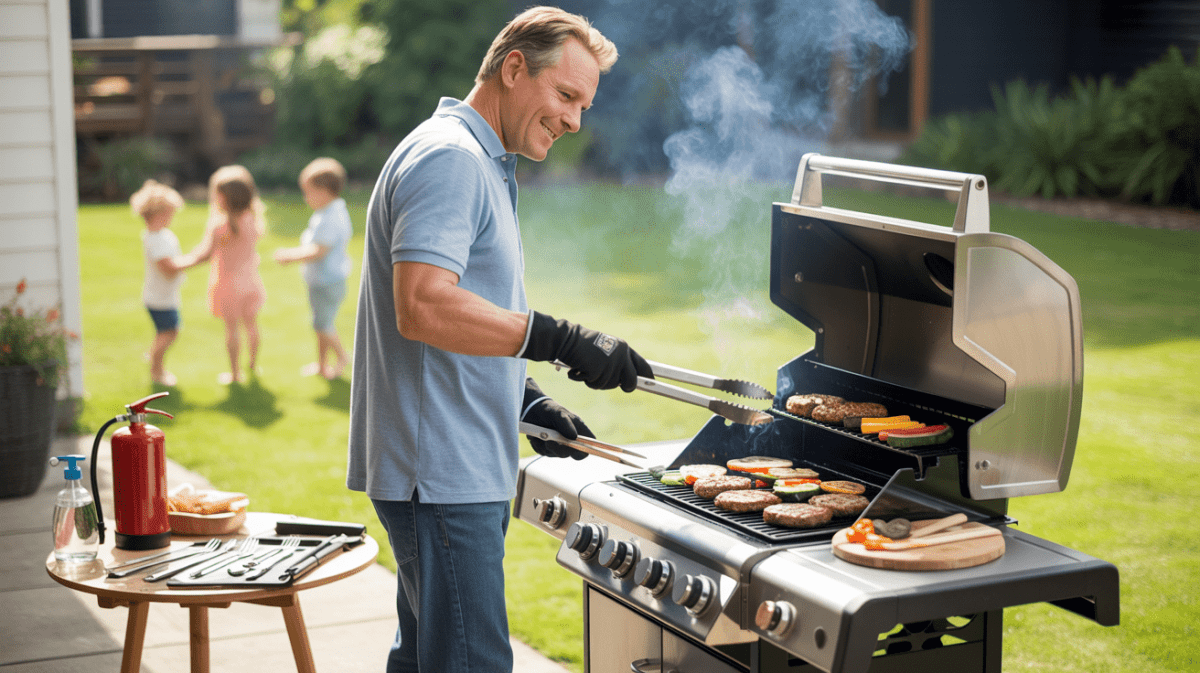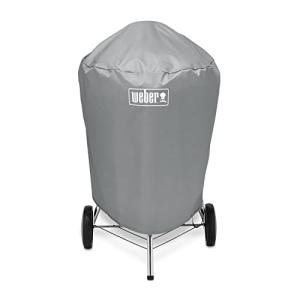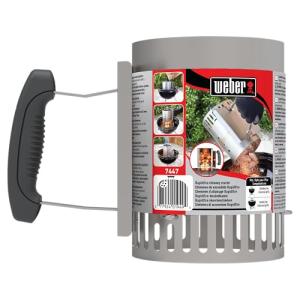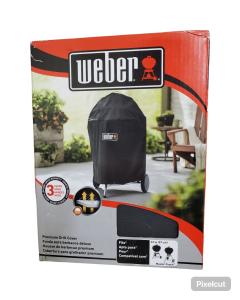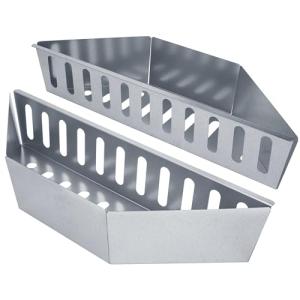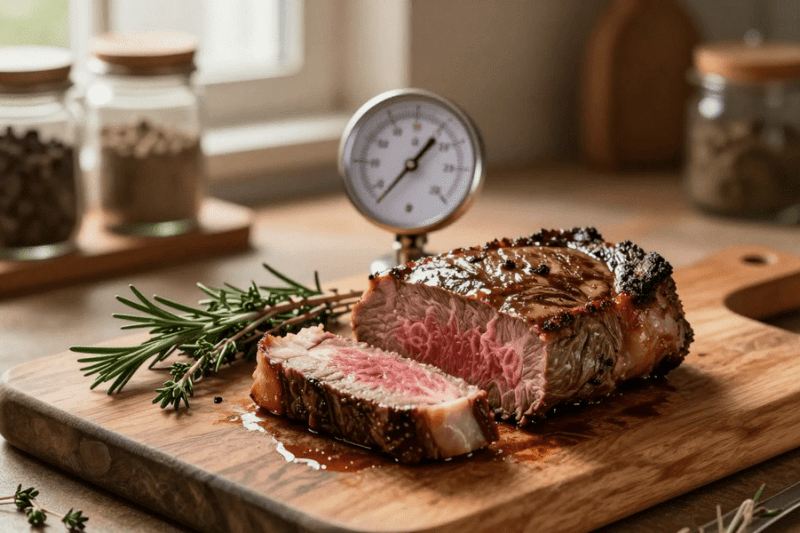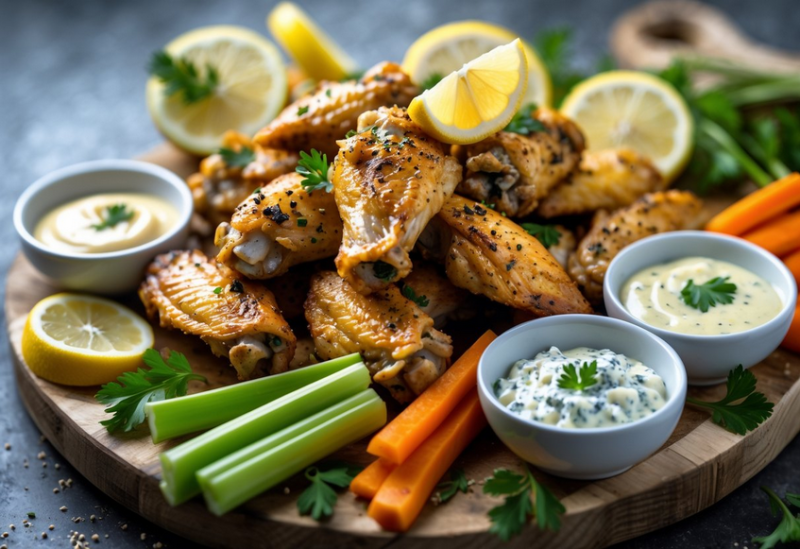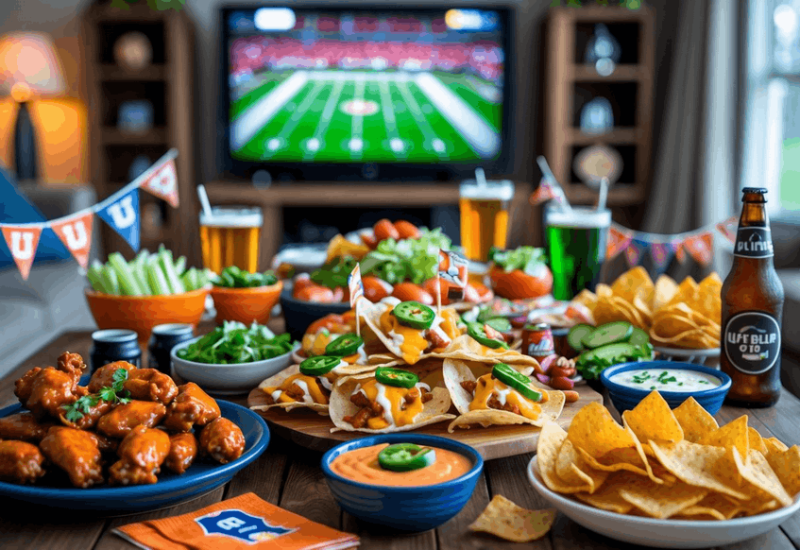Grilling Safety 101: Tips Every Outdoor Cook Should Know
As the weather gets warmer, many of us can't wait to grill outside. But, grilling can be dangerous if not done right. Every year, about 9,500 people get burned from grill fires or hot grills.

Children under five are especially at risk, making up 38% of these burns. Also, around 10,600 home fires happen each year because of grills, hibachis, or barbecues. It's important to know these risks and take steps to grill safely.
Key Takeaways
- Grilling accidents can result in serious burns and home fires.
- Children under five are particularly vulnerable to grill-related injuries.
- Awareness and precautions are key to safe grilling practices.
- Following bbq safety tips can significantly reduce the risk of accidents.
- Implementing grill safety measures is essential for outdoor cooking safety.
Essential Safety Preparations Before Firing Up Your Grill
To have a safe and fun grilling time, you need to prepare well. Before you start, take important steps to avoid accidents and make sure your outdoor cooking goes well.
Choosing the Right Location for Your Grill
It's crucial to pick a safe spot for your grill. It should be far from things that can catch fire, like wooden decks or dry leaves. Also, make sure the area has good air flow to avoid gas or smoke buildup.
Key considerations for grill placement:
- At least 10 feet away from any combustible materials
- On a level, stable surface to prevent the grill from tipping over
- In an area that is protected from wind, which can cause flare-ups
https://www.youtube.com/watch?v=8hV_rnKjyec
Pre-Grilling Equipment Inspection
Checking your grilling gear regularly is key. Look for any damage or wear on parts like burners, hoses, or igniter electrodes.
| Equipment | Inspection Checklist |
|---|---|
| Burners | Check for rust, corrosion, or blockages |
| Hoses | Inspect for cracks, leaks, or damage |
| Igniter Electrodes | Ensure they are clean and functioning properly |
Gathering Necessary Safety Tools
Having the right safety tools ready can be a big help in emergencies. Some essential safety gear includes:
Must-Have Safety Equipment
- A fire extinguisher rated for grease and electrical fires
- A first aid kit
- Long-handled tongs or spatulas for safe food handling
Optional but Recommended Safety Items
- A grill mat or splatter guard to contain grease and food particles
- A thermometer to ensure accurate temperature control
Weather Considerations for Safe Grilling
Weather can greatly affect grilling safety. Watch out for wind, rain, or extreme temperatures, as they can change how your grill works and stay safe.
Tips for grilling in different weather conditions:
- In windy conditions, consider using a windscreen or adjusting the grill's position
- During rain, ensure the grill is covered and protected from the elements
- In extreme heat, monitor the grill's temperature closely to prevent overheating
Grilling Safety 101: Tips Every Outdoor Cook Should Know
Grilling safety is more than just making great BBQ. It's about knowing the dangers and how to avoid them. I'll share tips to help you stay safe and have fun while grilling outdoors.
Proper Lighting Techniques for Different Grill Types
Lighting your grill right is key to a good grilling session. For gas grills, open the lid before turning on the gas. This stops gas from building up. For charcoal grills, use a chimney starter or electric starter to avoid flare-ups. Always follow the manufacturer's instructions for your grill.

Safe Food Handling Practices
Handling food safely is vital to avoid cross-contamination and foodborne illnesses. Always keep raw, cooked, and ready-to-eat foods separate. Use separate cutting boards and utensils for raw meats and other foods. Make sure meat, especially poultry, is cooked to the right temperature with a food thermometer.
Managing Flare-Ups and Hot Spots
Flare-ups can happen suddenly, posing a burn or fire risk. Keep a spray bottle of water ready to dampen the flames if needed. Trimming excess fat from meats and avoiding oily marinades can help prevent flare-ups. For gas grills, keep the burners clean to avoid hot spots.
| Grill Type | Common Flare-Up Causes | Prevention Tips |
|---|---|---|
| Gas Grill | Grease buildup, dirty burners | Regular cleaning, check for gas leaks |
| Charcoal Grill | Excess fat, lighter fluid | Use a chimney starter, trim excess fat |
Keeping Children and Pets Safe Around the Grill
It's crucial to keep a safe area around the grill. Make sure children and pets stay at least three feet away from the grill. Teach kids about the dangers of grilling and set up a "grill safety zone" to prevent accidents.
Alcohol Safety While Grilling
Enjoying a drink while grilling can be relaxing, but too much alcohol can be dangerous. It can slow down your reaction time and judgment, increasing the risk of accidents. Drink responsibly and stay focused on grilling.
By following these grilling safety tips, you can greatly reduce risks and enjoy a safe, fun grilling experience.
Fire Safety and Emergency Preparedness
When I fire up my grill, I always think about fire safety and being ready for emergencies. Grilling is fun, but it can also be risky, especially with fires. Being ready is key to a safe and fun cookout.

Recognizing Warning Signs of Potential Fires
It's crucial to know the signs of a potential fire while grilling. Excessive smoke, flare-ups, and unusual noises from the grill are warning signs. If you see these, act fast to stop a fire from spreading.
Regularly checking and cleaning your grill can also help prevent fires. Make sure to clean the grates and drip pans often. Also, check for blockages in the grill's vents or burners.
How to Safely Extinguish Grill Fires
Grill fires can still happen, even with safety measures. Knowing how to put them out safely is important. For grease fires, never use water because it can make the fire worse. Instead, turn off the grill's heat and smother the fire with a metal lid or a fire extinguisher rated for grease fires. Baking soda works well for small fires too.
If the fire is big or you're not sure how to put it out, call the fire department. It's always safer to be cautious with fire safety.
Creating an Emergency Action Plan
Having a plan for emergencies is essential for grill safety. This plan should include knowing how to use a fire extinguisher and having a phone to call for help. Practice your emergency plan so everyone knows what to do.
Also, keep a fire extinguisher rated for grease or Class B fires near the grill. Make sure you know how to use it by following the PASS method: Pull the safety pin, Aim the nozzle, Squeeze the handle, and Sweep the nozzle from side to side.
Maintaining Your Grill for Optimal Safety
Keeping your grill in good shape is key for safe grilling and extends its life. A well-maintained grill works better and lowers accident risks. Remember, a bit of upkeep makes grilling safer and more fun.
Regular Cleaning Procedures
Cleaning your grill often stops grease buildup, which can cause fires. After each use, clean the grates and get rid of food bits. This stops flare-ups and keeps your grill in top shape. As grilling expert Mark Johnson said, "A clean grill is a safe grill."
'The cleaner your grill, the safer it is to cook.'
To clean well, use a wire brush on the grates. For tough spots, use a grill cleaner. Also, clean drip pans and trays to avoid bacteria.

Checking for Gas Leaks and Damaged Parts
For gas grills, checking for gas leaks is crucial. Look at hoses and connections for wear or damage often. Use soapy water on connections to find leaks; bubbles mean you have one. If you find a leak, turn off gas and replace parts before grilling again.
Also, check the igniter, burners, and grates for damage or wear. Fixing these parts quickly stops accidents and keeps your grill running well.
Seasonal Storage Safety Tips
When grilling season ends, store your grill safely. First, clean it well to remove grease and food. For gas grills, remove the propane tank and store it in a well-ventilated area.
Use a strong cover to protect your grill from weather. If you live in a cold area, store your grill in a garage or shed to keep it safe from harsh weather.
Conclusion
As I conclude this guide on grilling safety, it's clear that knowing about grilling hazards is key. It makes outdoor cooking safe and fun. By following the essential grilling safety tips, you can lower the risks of grilling.
Fire safety is crucial when grilling to avoid accidents. Knowing how to cook safely outdoors and taking the right precautions is important. Whether you're experienced or new to grilling, using barbecue safety tips is a must.
By following these safe grilling practices, you'll make sure your cooking area is safe. You'll also have a great time with your family and friends. So, when you grill next, remember to focus on safety. This way, you'll have a fun and safe outdoor cooking experience.
FAQ
What are the most common causes of grill accidents?
Grill accidents often happen due to not keeping the grill in good shape. Poor air flow and careless handling of grill tools also play a big role. Grilling near flammable things or in tight spaces can cause accidents too.
How can I prevent flare-ups while grilling?
To stop flare-ups, cut off extra fat from meat and keep the grill clean. Don't put too much on the grill at once. Using a drip pan can also help catch spills and prevent flare-ups.
What are some essential safety tools to have when grilling?
You'll need a fire extinguisher, a grill brush, and long tools for grilling. It's also smart to have a first aid kit nearby.
How can I ensure my grill is safe to use after a period of storage?
Before grilling again, check for damage or wear on your grill. Look for gas leaks and clean it well. Make sure everything is connected right and the grill is put together correctly.
What should I do in case of a grill fire?
If your grill catches fire, turn off the gas if it's a gas grill. Then, cover the flames with a metal lid or a fire extinguisher for grease fires. Never use water on grease fires.
How can I keep children and pets safe around the grill?
Keep kids and pets away from the grill and never leave it alone. Teach kids about the dangers of grills and watch them closely.
What are some best practices for safe food handling while grilling?
Keep raw and cooked meat separate. Use different tools for each. Cook food to the right temperature to avoid food poisoning.
How often should I clean my grill?
Clean your grill after every use to stop debris and bacteria buildup. Regular cleaning helps prevent flare-ups and ensures food cooks evenly.
What are some weather-related considerations for safe grilling?
Avoid grilling in strong winds, thunderstorms, or extreme heat. Place your grill in a spot that protects it from the weather.
How can I prevent accidents while grilling under the influence of alcohol?
Don't drink too much while grilling. Have someone sober watch the grill. Never leave the grill alone and take breaks to stay hydrated.
DISCLAIMER
This document is provided for general information purposes only and should not be relied upon as providing legal advice, technical, or specific operational guidance to the reader, whether as to the practices described in the document or the applicable legal requirements and regulations. Backyard Grilling Pros expressly disclaims any responsibility for liability arising from or related to the use or misuse of any information in this document.
